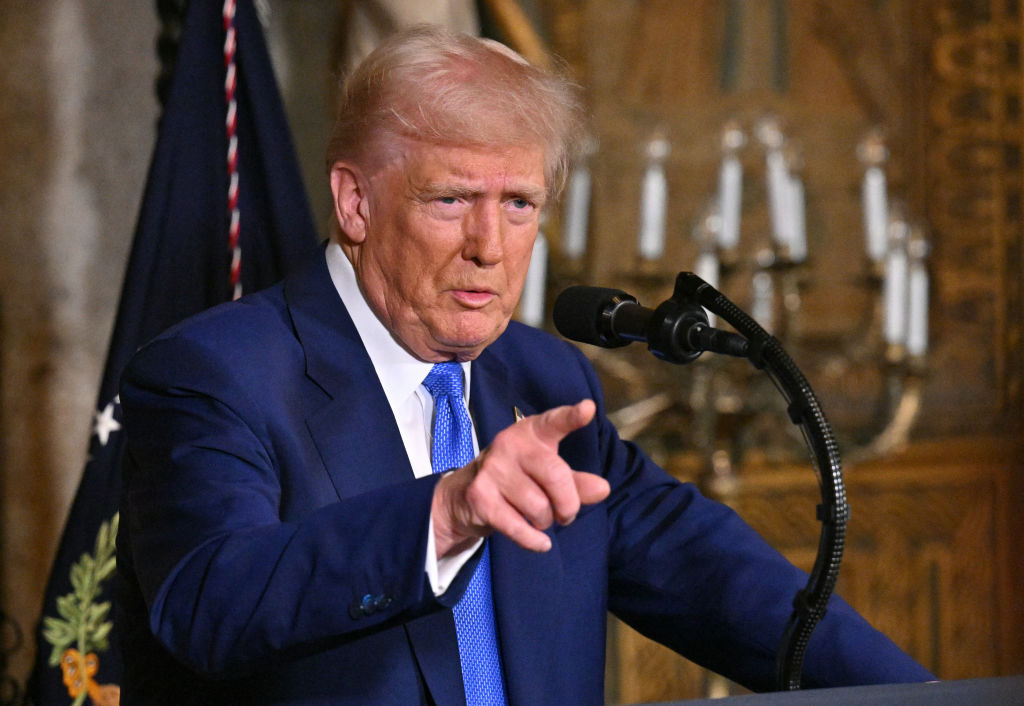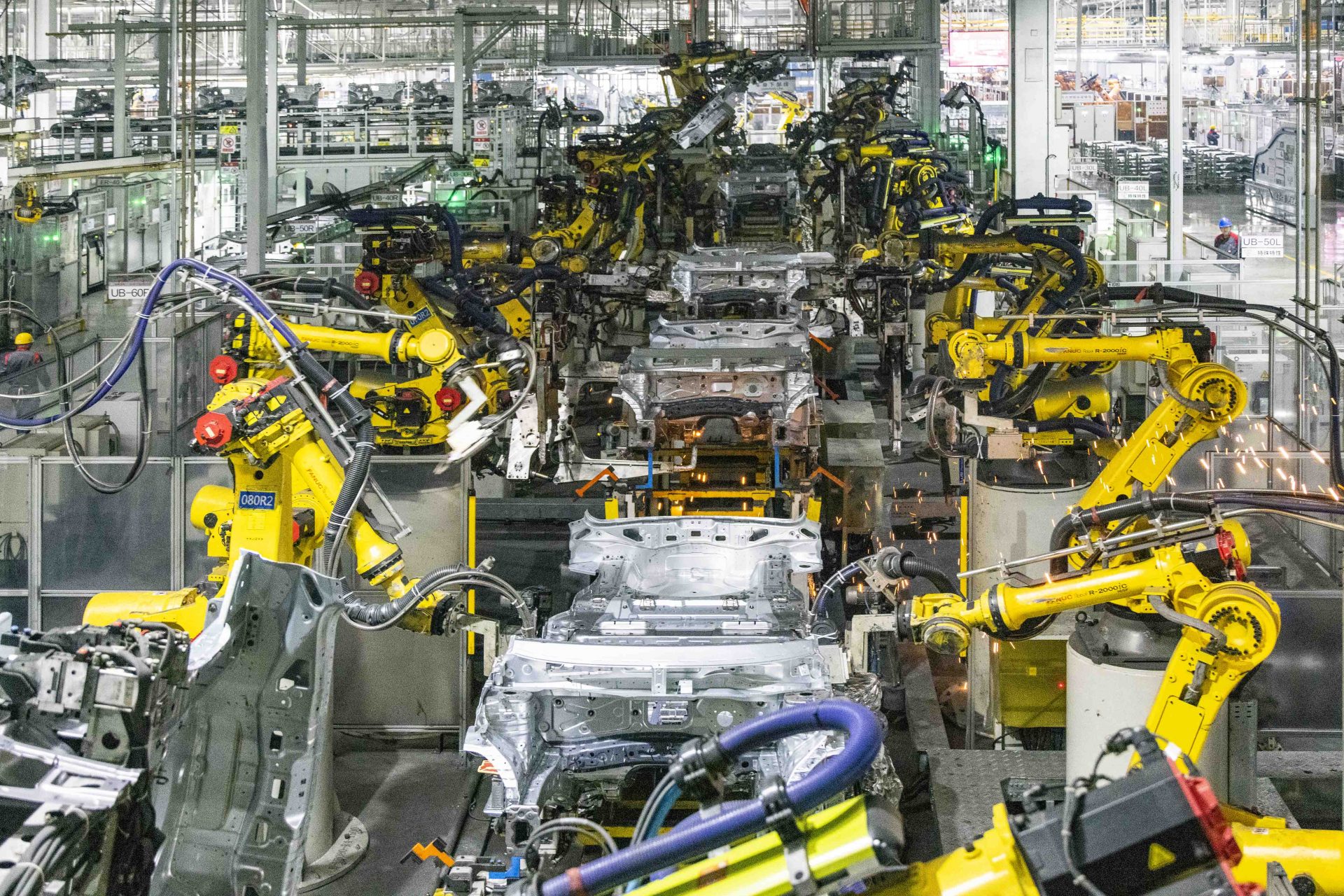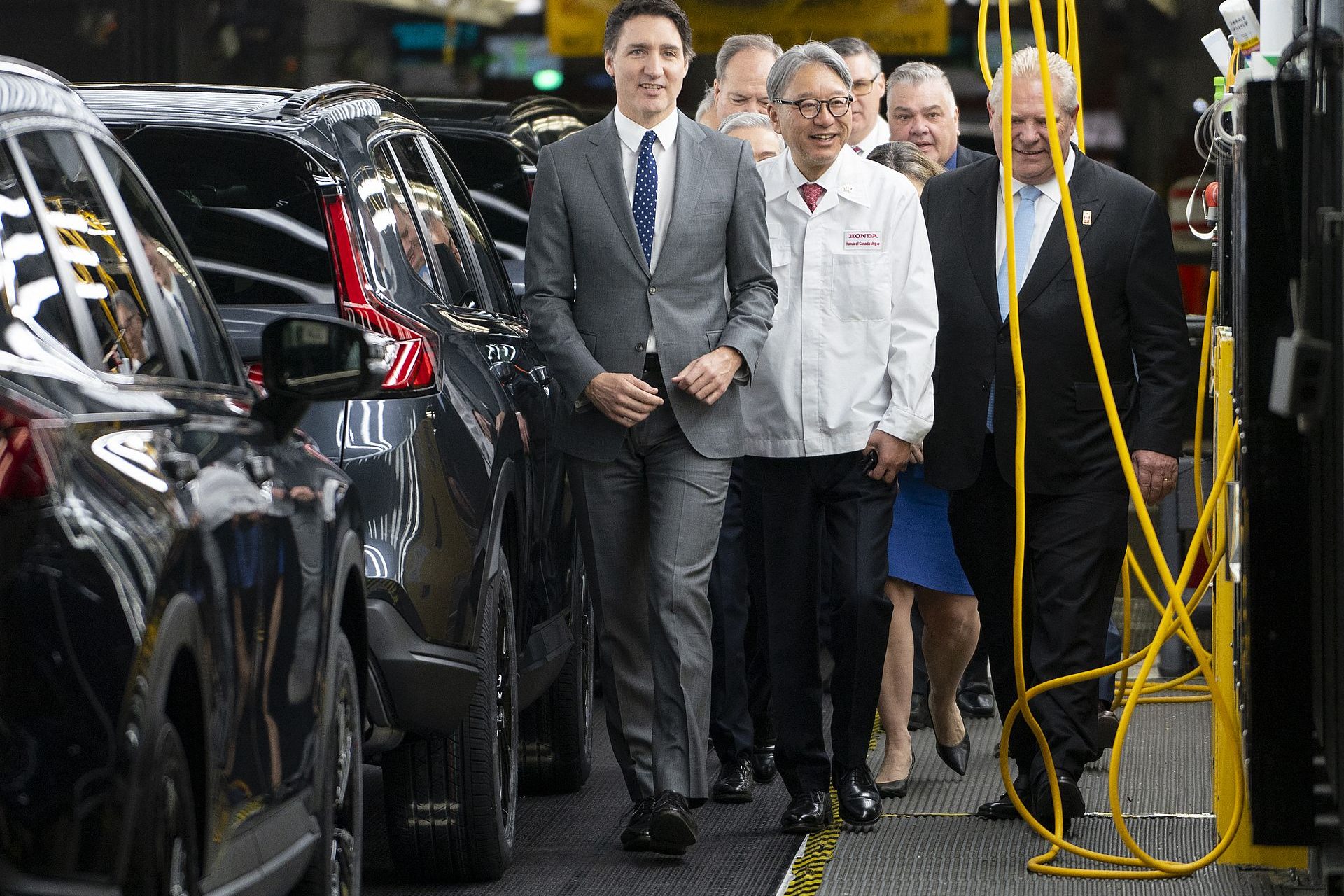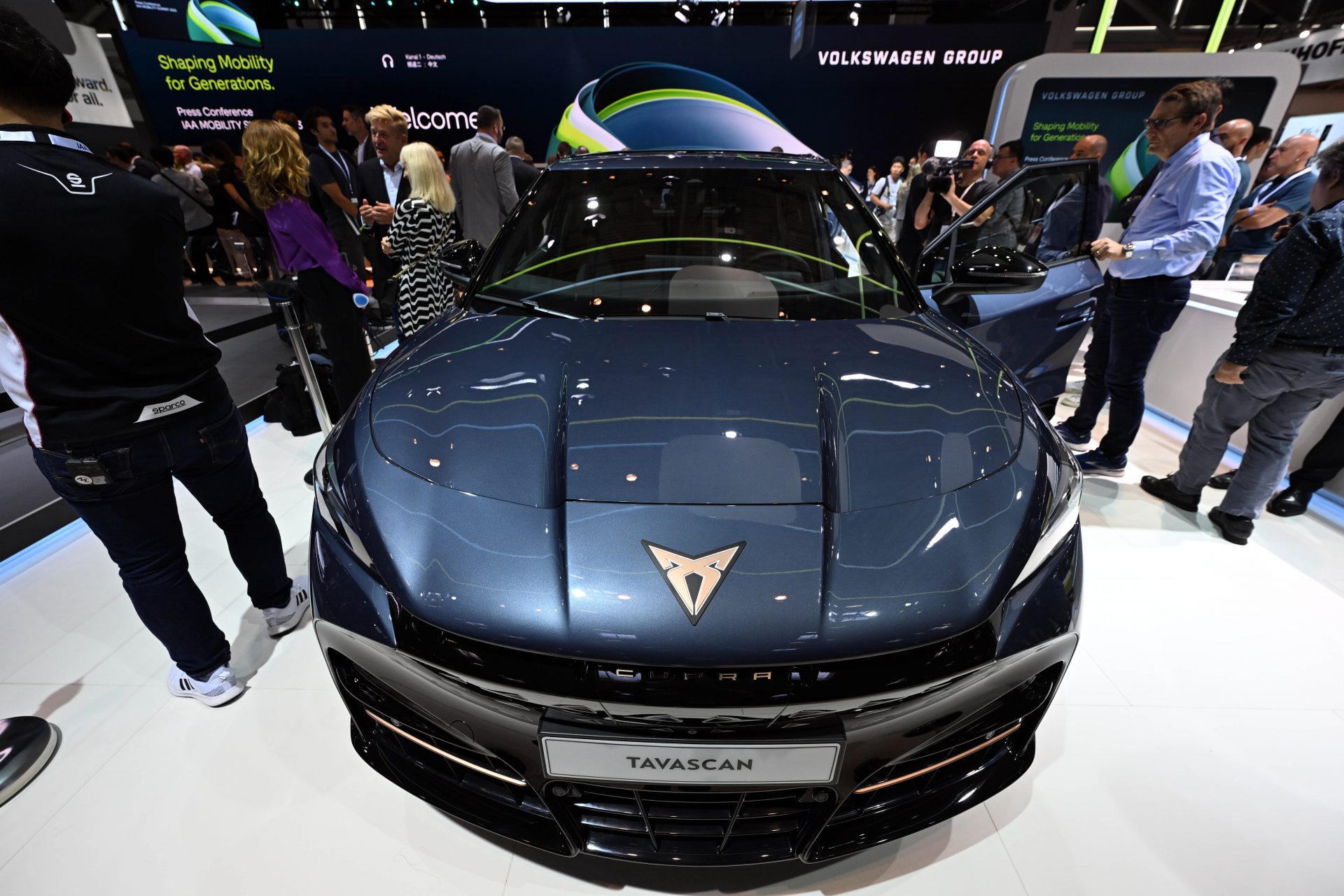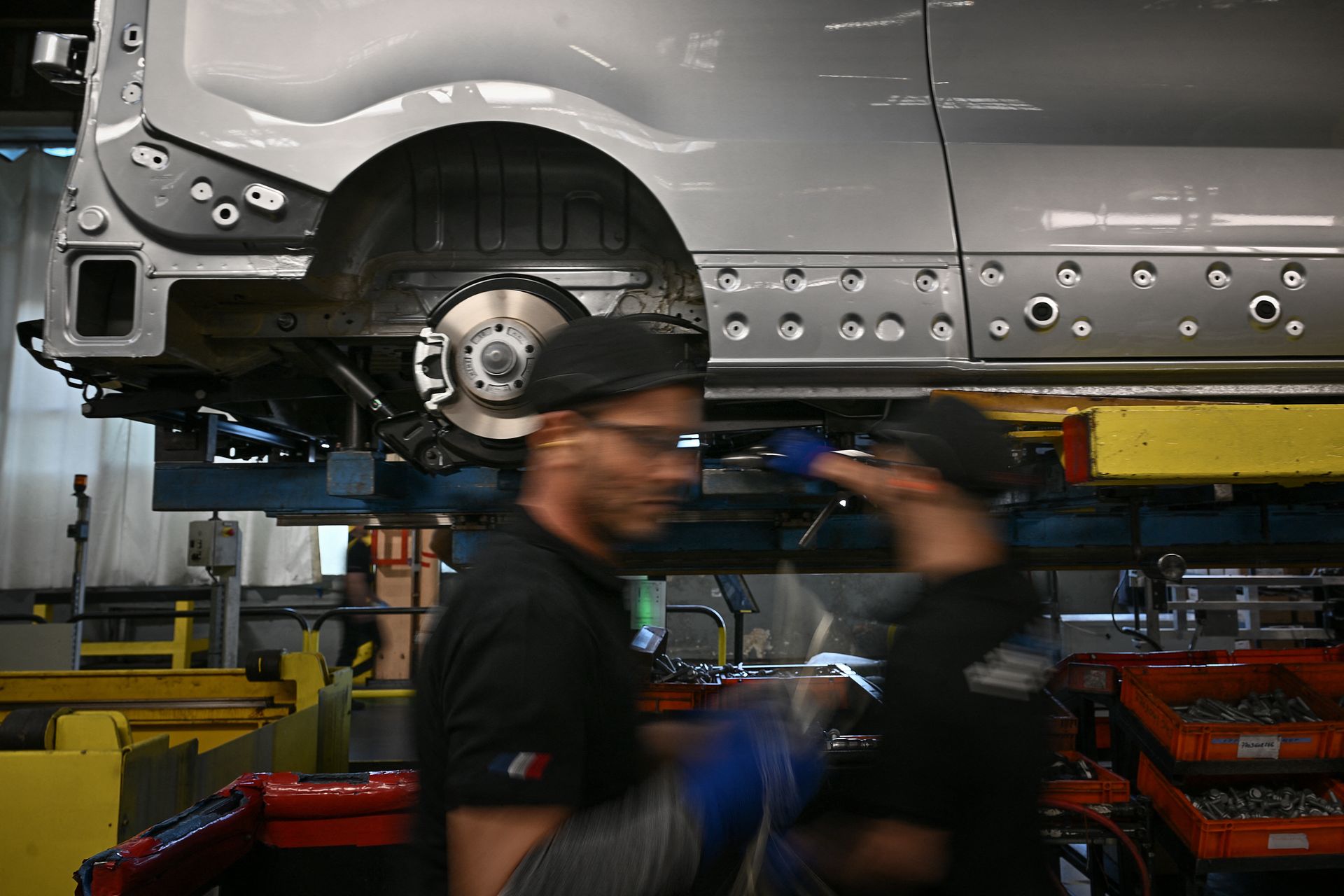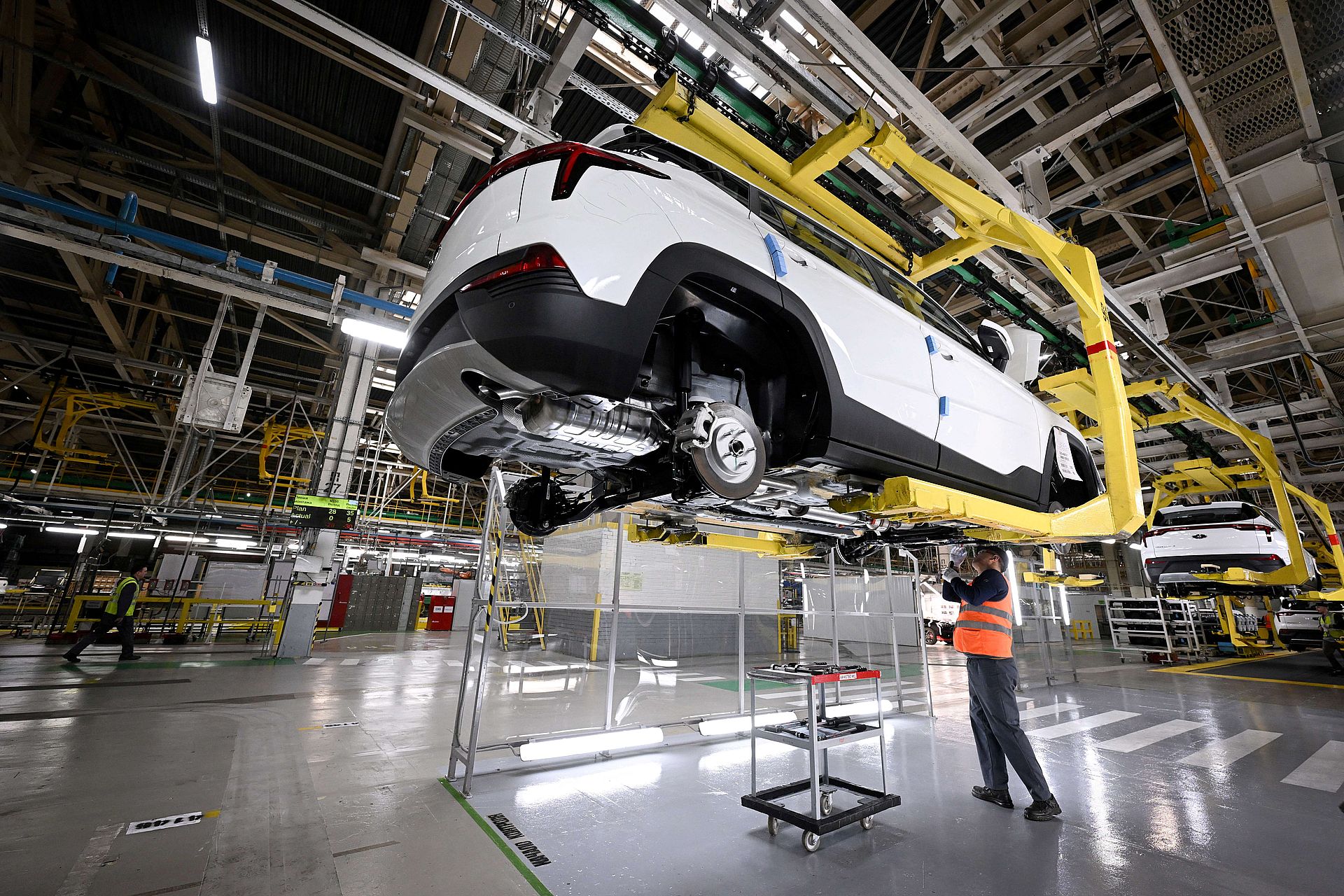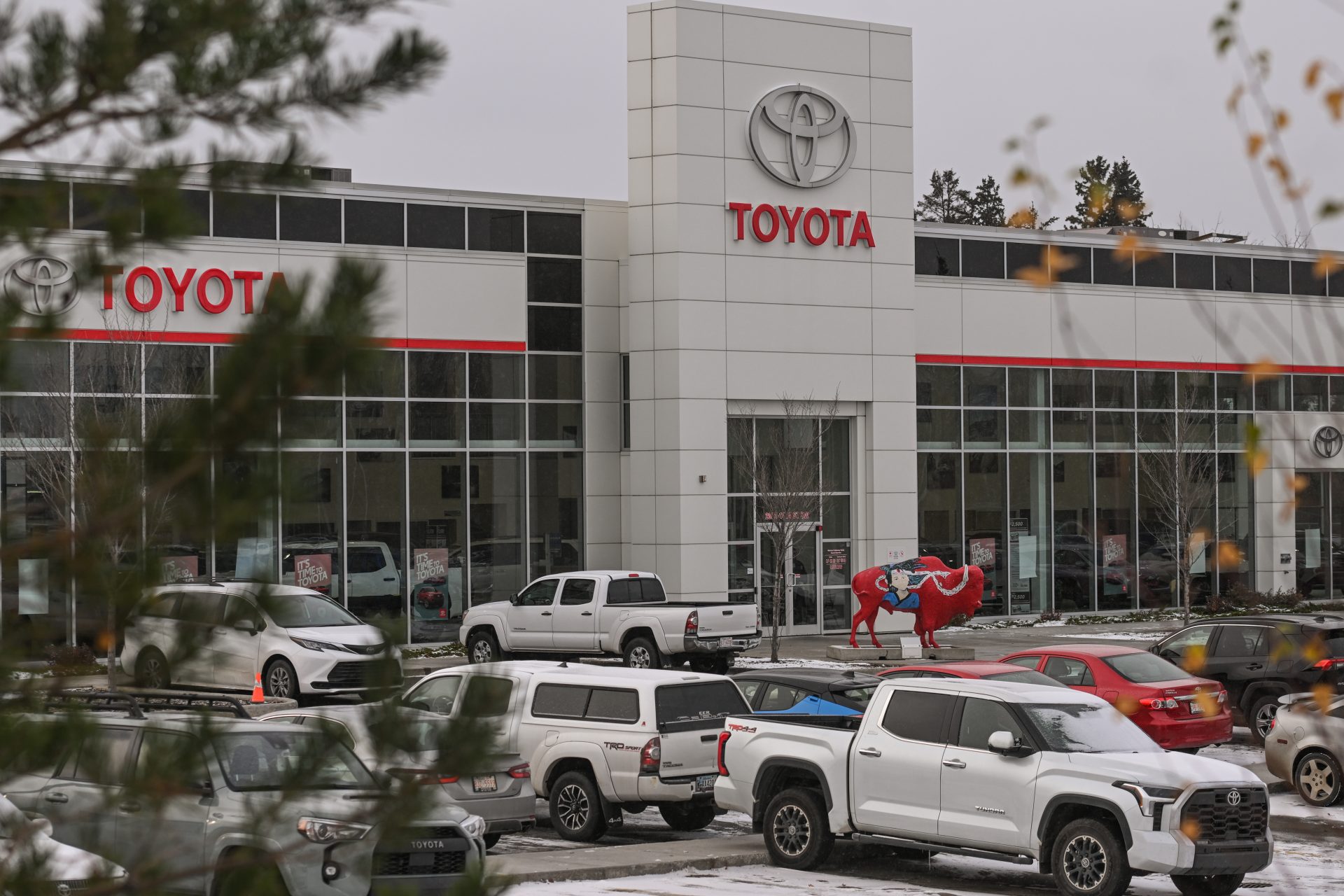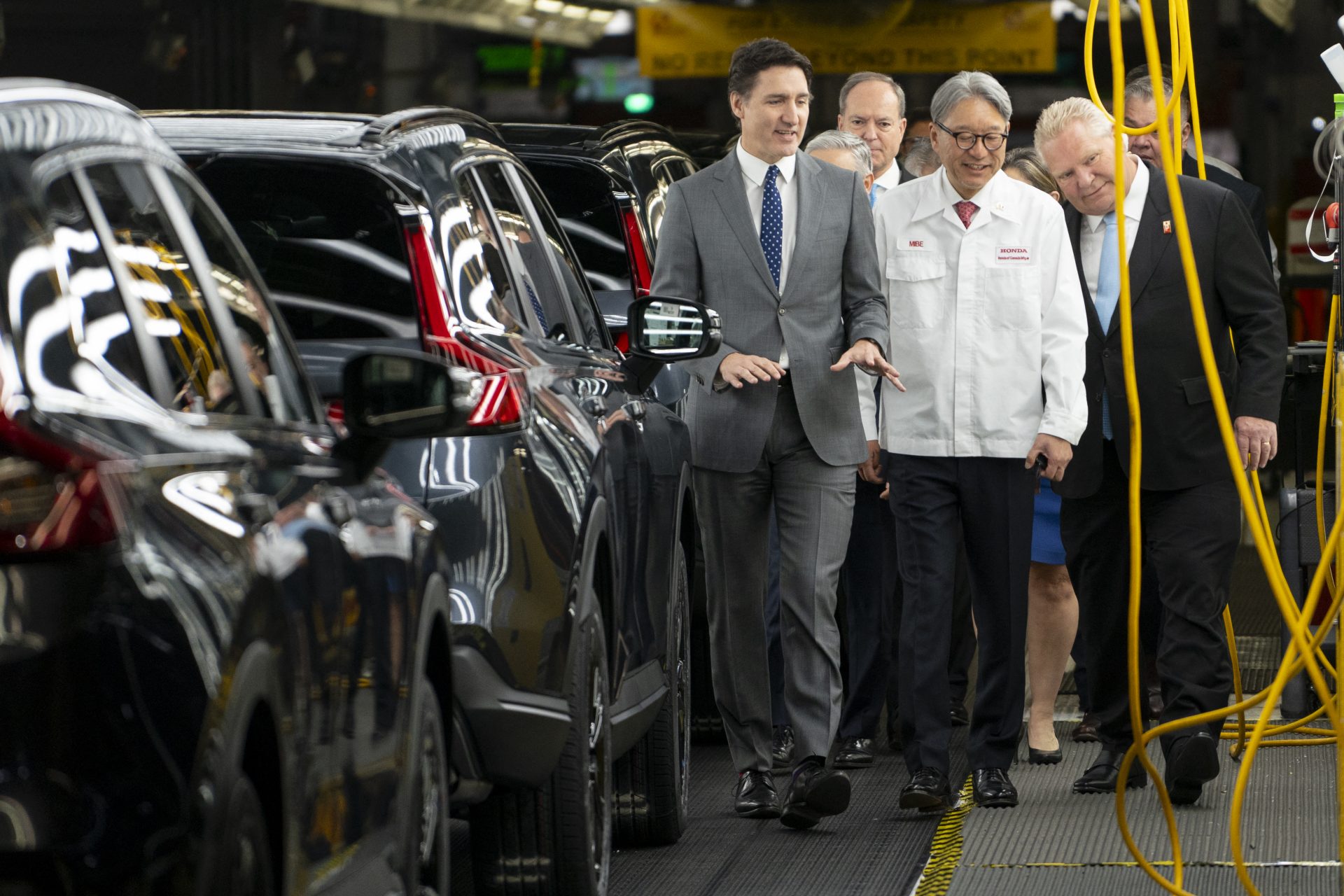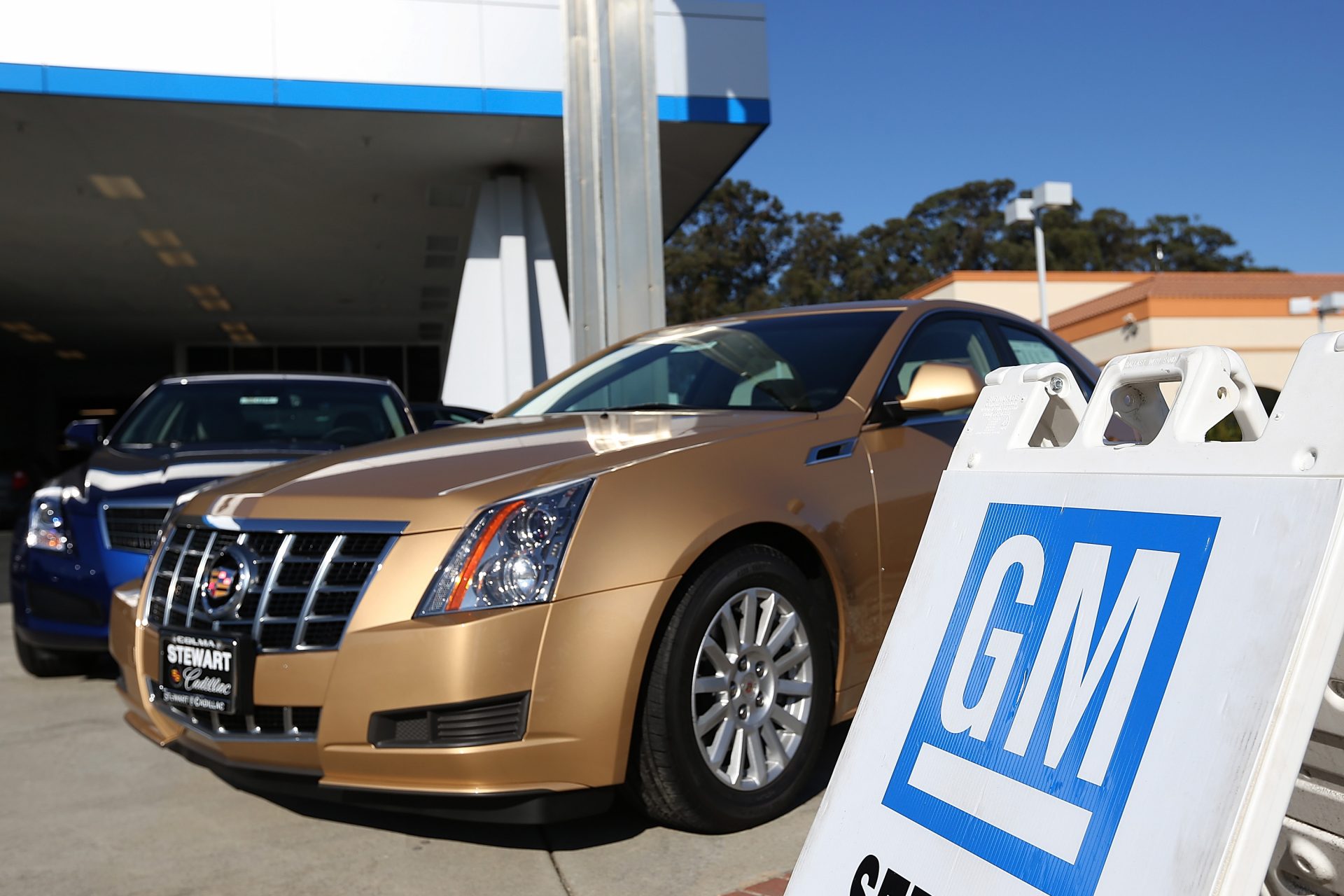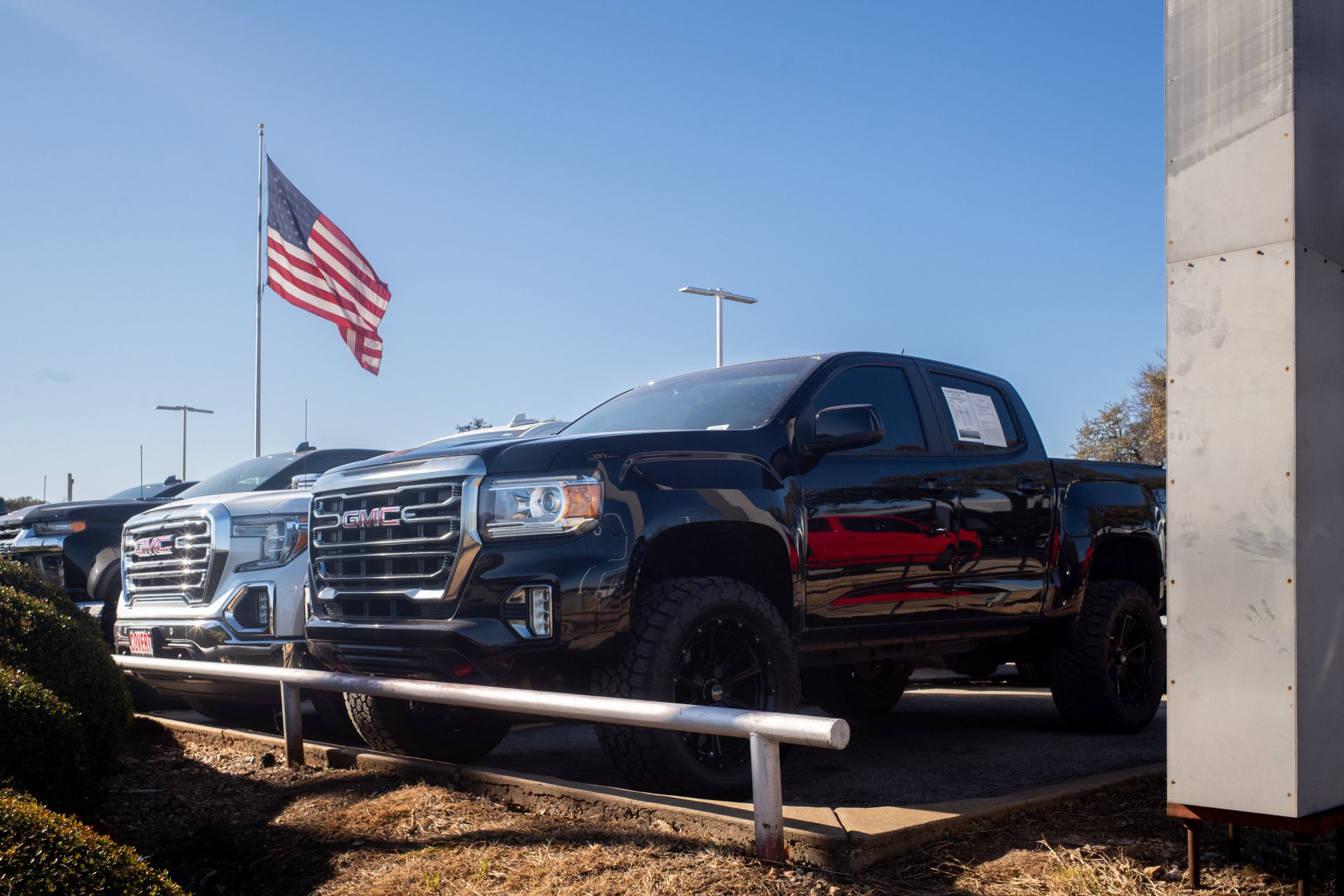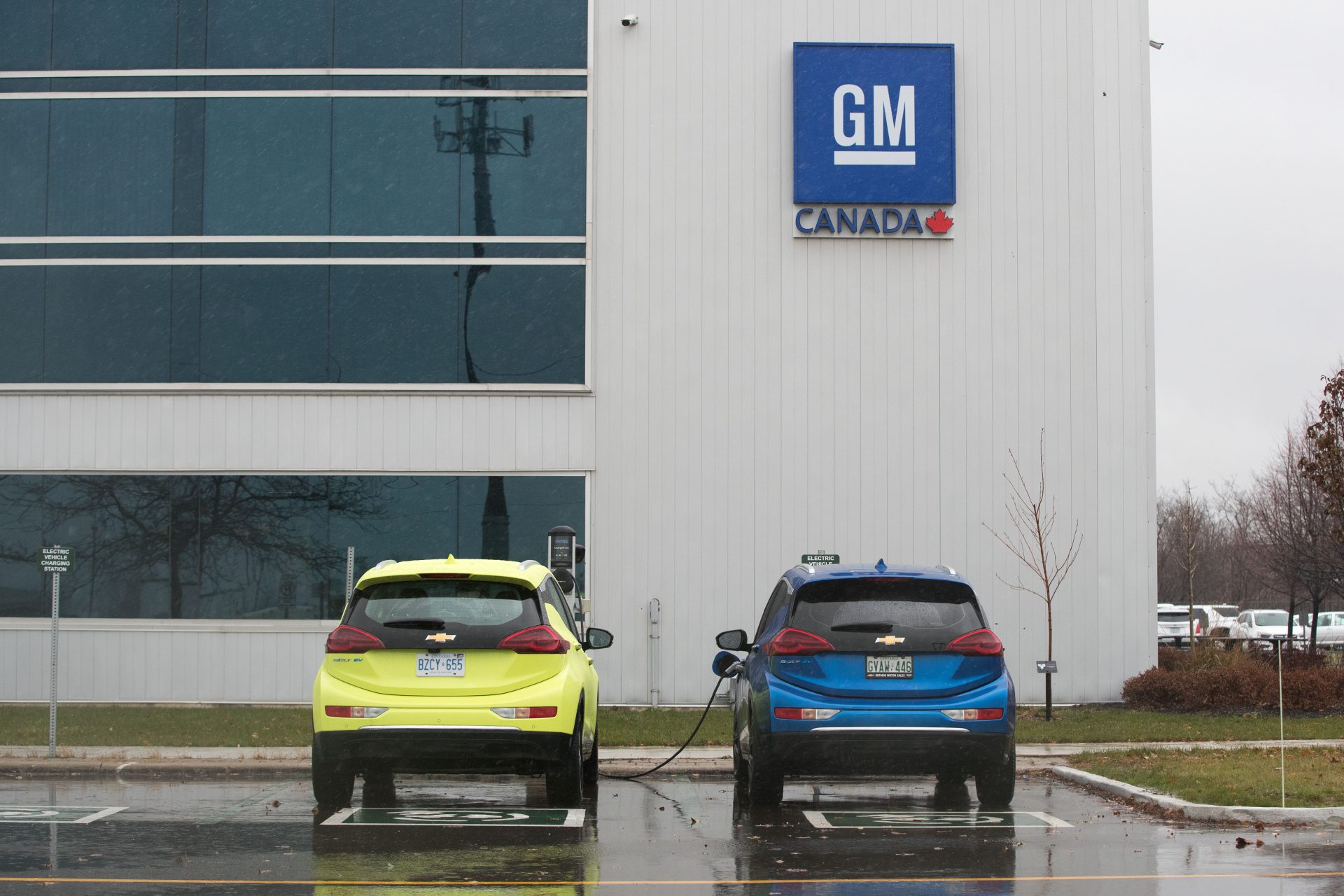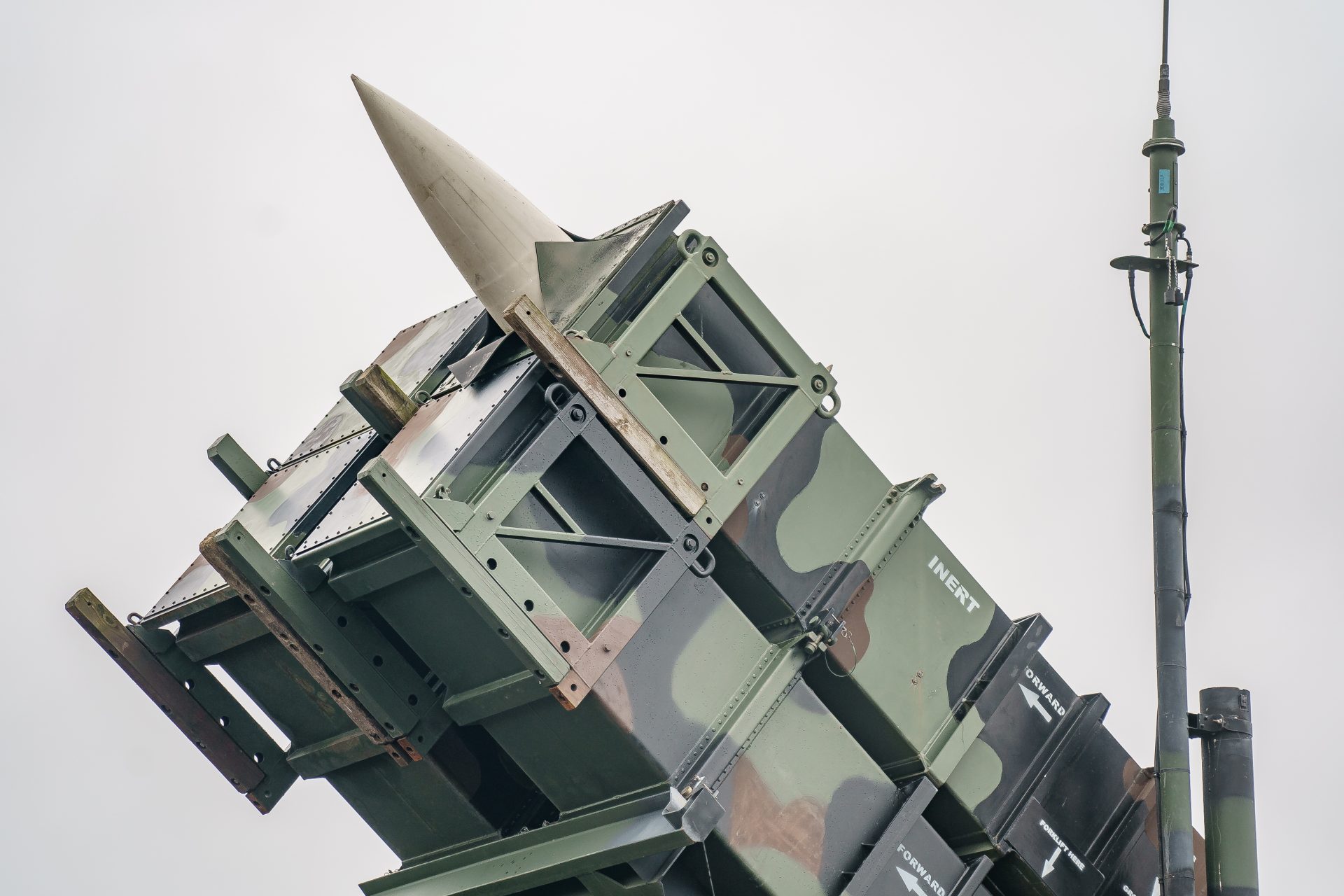Canada and Mexico on edge as Trump weighs 25% tariffs for automakers
President Trump said he was considering a 25% duty on autos, semiconductors, chips, and pharmaceuticals while talking to the media in his Mar-a-Lago club in Florida.
According to Reuters, the President said the levies could start as soon as April 2, alienating close trade partners that import cars and auto parts into the US.
Canada and Mexico are the top trading partners in the sector; under the US, Mexico, and Canada Agreement, parts move through the three countries constantly.
The EU is the next car importer in the US. The tariff threats add to the tension the Trump Administration has sparked with European leaders over the Ukraine war and the German elections.
According to the Wall Street Journal, the threat has also confused automakers, who now have to weigh the best options for their business in America, one of the largest markets worldwide.
The newspaper said that most of the top purchased automakers in the US already have some of their production in the country. However, they also import a significant part of the cars they sell.
Germany is a good example. Mercedes-Benz fabricated SUVs in the US and sedans in Europe. It makes sense for their production line, given that the first ones are far more popular in America.
The same happens with Japanese giants. Companies like Toyota have had factories in America since the 80s. However, they still import some of their production.
Still, foreign brands will not be the only ones affected by the tariffs. American automakers have relied heavily on the USMCA for their production for years.
Industry leaders have told US media that North American automobile production lines are highly integrated. A car goes through the three countries several times during assembly.
That is why, according to the WSJ, Detroit manufacturers General Motors, Ford, and Stellantis have been lobbying to avoid or reduce the tariffs within North America.
The main issue is uncertainty. Automakers must evaluate whether moving production to the US is worth the high effort and investments without clarity about how the duties will work or how long they will last.
More for you
Top Stories



